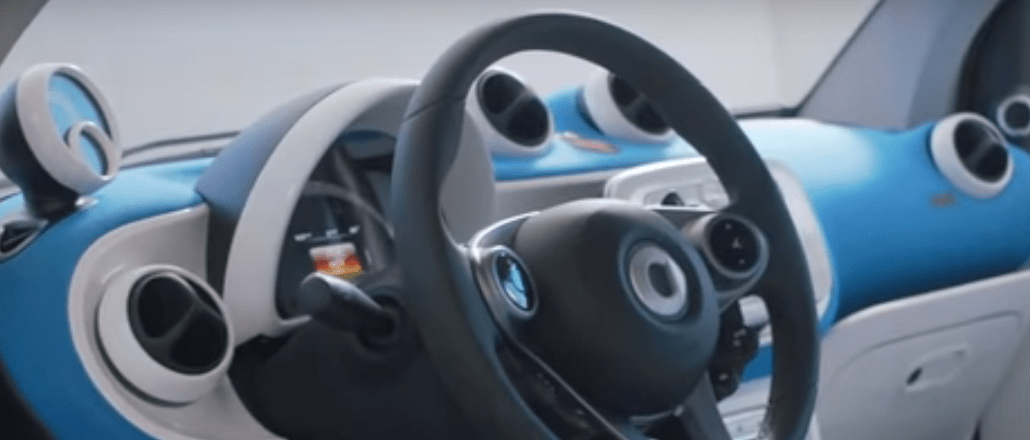
Millennials may be known for preferring Uber to Ford, but new data suggests that the generation may finally be ready to hit the lot. Automakers hit record sales in the U.S. last year, and one in four new cars was bought by a millennial, according to market research firm J.D. Power.
With the number of millennial car buyers only set to grow — it is the most populous generation in the U.S. — auto brands have been doing their bit to woo the demographic.
“Millennials have radically changed our go-to market approach in the last five to 10 years,” said Steve Majoros, director of cars and crossovers for Chevrolet. “We have been trying to figure out ways to organically integrate the brand into their lives, along every step of the way.”
For Chevy, that has resulted in changes in tech, operations as well as e-commerce. Its “Shop Click Drive” online platform, for instance, is designed to give consumers a seamless user experience when they go online before in-store. It’s a fast and simple search infrastructure that lets digital-first millennials browse through and select new Chevrolet vehicles – from the convenience of their living rooms. All they have to go to the dealership for is to pick their cars up (presumably after test driving them).
The General Motors-owned brand has also made it easier for millennials to choose financing options through GM Financial, which provides retail loan and lease programs tailored to their needs. This along with tech integrations like Apple autoplay, 4G LTE and Android Auto in its cars make it an attractive brand for millennials, said Majoros.
Research also suggests that millennials expect the same conveniences in their vehicles as they do in their living rooms, which explains why some brands, including General Motors are also investing in field like autonomous driving. General Motors with its stake in Lyft and BMW with DriveNow are two examples of brands that are vying for the progressive tag.
Volkswagen, for its part, may still be reeling from a major scandal, but it’s still gunning for the coveted demographic. The German carmaker has its own research outpost in northern California called the Electronics Research Lab, where its researchers collaborate with other Silicon Valley startups to create products fit for millennials.
Luxury automakers aren’t far behind either. Smart USA, Mercedes Benz’s mini, eco-friendly electric car, for example, is geared toward a more urban and millennial audience. The brand’s cars come equipped with tech that lets customers’ smartphones double up as navigation and entertainment devices. It also offers five-minute video brochures of its models, for millennials who’d much rather explore them through their mobile screens.
The brand even took a comedic approach towards content, drafting a series of “edutainment” videos designed to illustrate its cars’ features. “Millennials are a burgeoning segment, but they are not walking into dealerships anymore,” said Mark Aikman, general manager of marketing services at Mercedes-Benz USA. “ So we have to do whatever it takes to attract them.”
Honda, too, has seen its tone evolve in its marketing communications targeting millennials over the years. A recent Snapchat campaign by the brand for the Civic featured a sponsored filter with the car’s outline and the words “They see me rollin.’” It got over 50 millions views and was used over 3 million times.
“That is definitely not the kind of language we’d be comfortable using a few years ago,” said Alicia Jones, Honda’s manager of social media.
More in Marketing

WTF are tokens?
When someone sends a prompt or receives a response, the system breaks language into small segments. These fragments are tokens.

AI is changing how retailers select tech partners
The quick rise of artificial intelligence-powered tools has reshaped retailers’ process of selecting technology partners for anything from marketing to supply chain to merchandising.

YouTube’s upmarket TV push still runs on mid-funnel DNA
YouTube is balancing wanting to be premium TV, the short-form powerhouse and a creator economy engine all at once.





